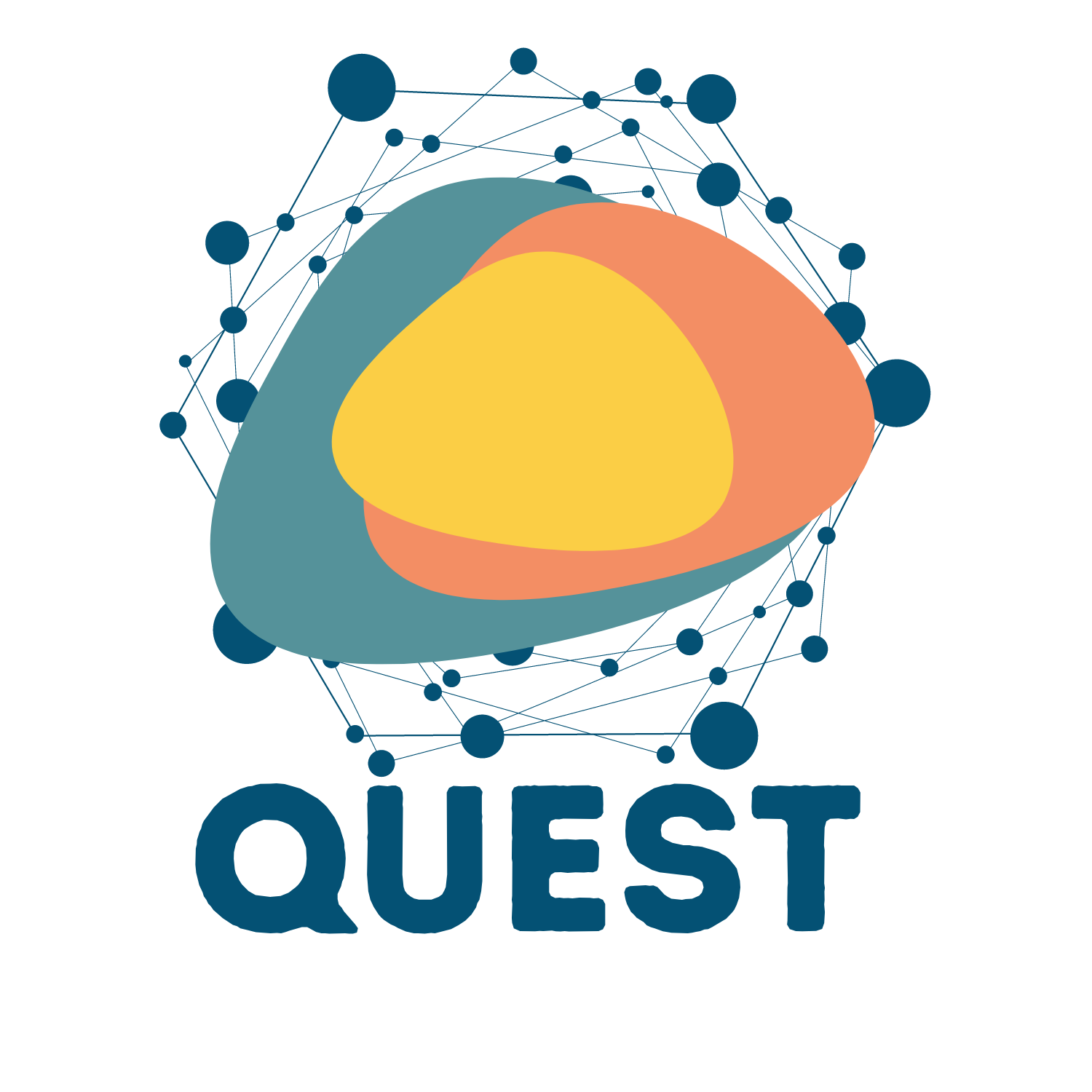Growing Beyond Gender: Practices for Outdoor Educators
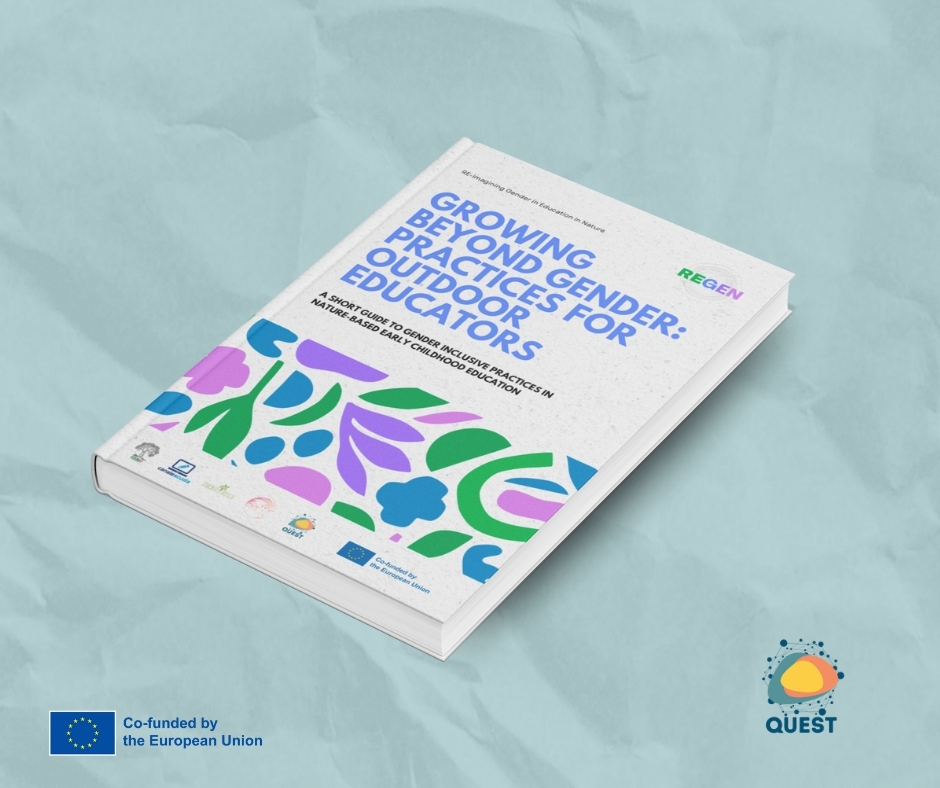
This practical guide is designed to help educators construct, deconstruct, reflect, create, innovate, and unlearn. Readers are encouraged to use the material that resonates with their context, adapt what does not, and share their experiences with others. Gender inclusion is not about erasing differences. It is about ensuring that all children, regardless of their gender […]
CHOOSING EDUCATION AS EUROPE’S DEMOCRACY SHIELD
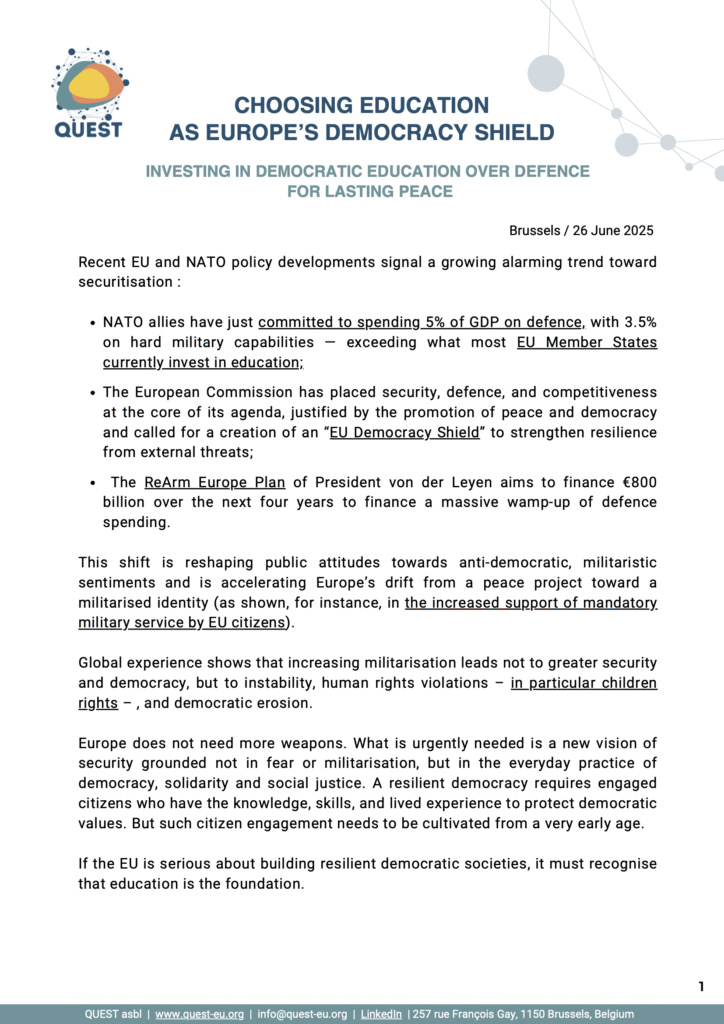
If the EU is serious about building resilient democratic societies, it must recognise
that education is the foundation.
Decolonizing Education: What Does It Mean to Decolonize the Curriculum?
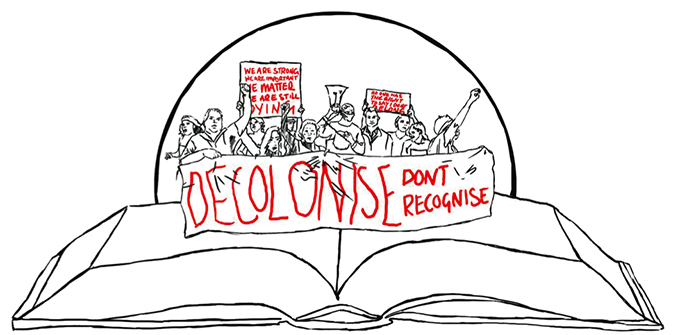
The ongoing influence of what many scholars call coloniality: the lasting impact of colonial ways of thinking and organizing the world (Quijano, 2007). And one of the places where this shows up most clearly is in school curricula
Democratic Education in Schools
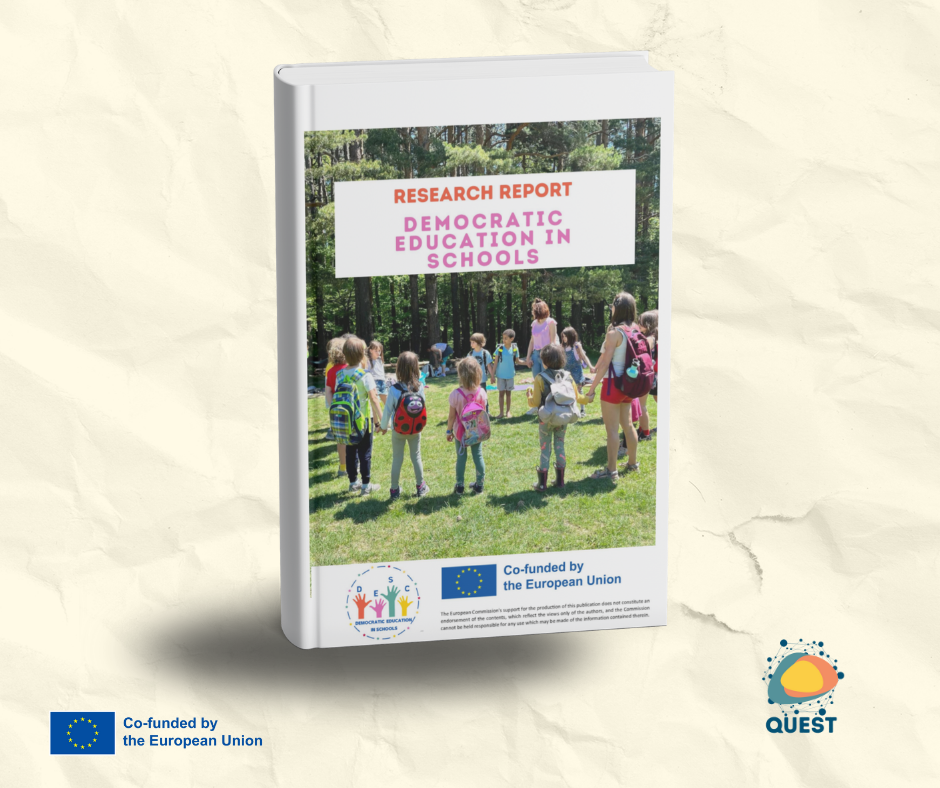
The DESC project (Democratic Education in Schools) was funded by the Erasmus+ funding KA2, and it started in February 2022. This three-year project has the objective to put in communication democratic schools and state schools from four countries, plus a university, a school network, in order to start a dialogue and offer training to the […]
Statement on World Day of Social Justice 2025
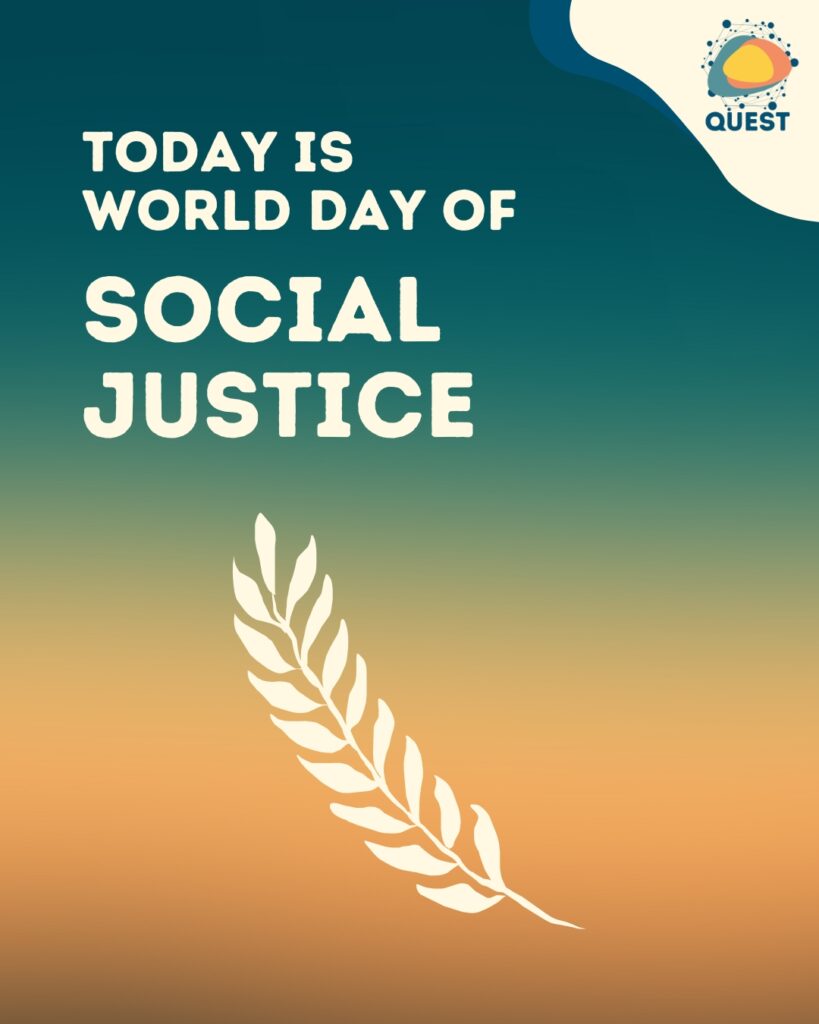
On this Social Justice Day, we stand committed to the values of sustainable, inclusive, and democratic education. An education free from discrimination and accessible to all. Yet, across the world, this fundamental right is under attack. We are deeply concerned about the recent trends in the United States, where the Trump administration is deliberately eroding […]
QUEST Communication and Dissemination Report 2024
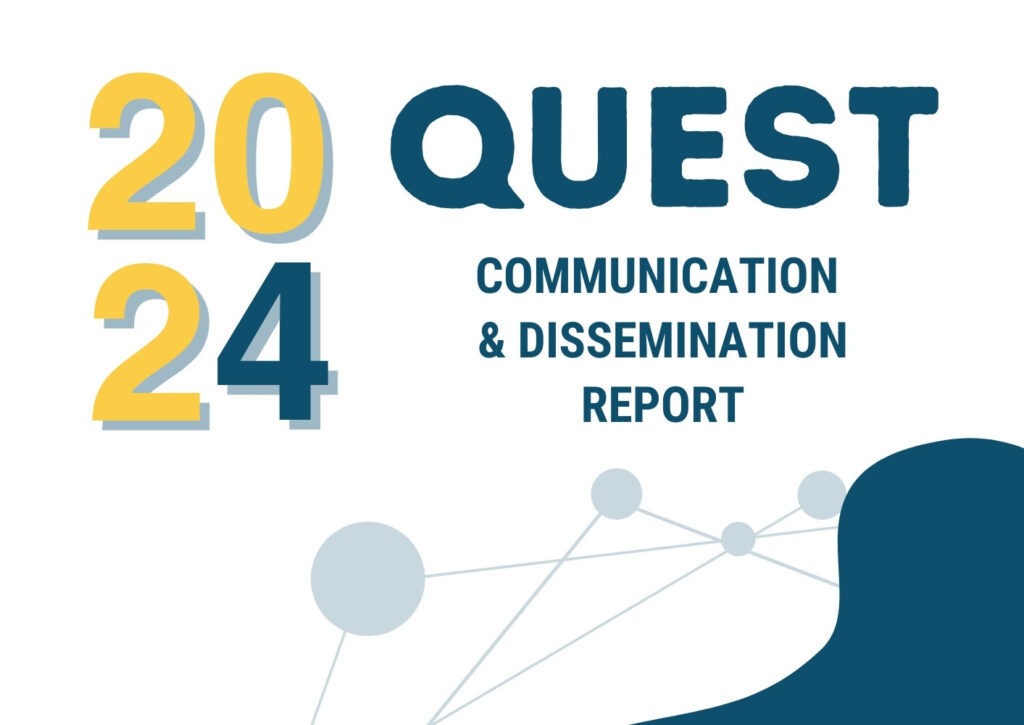
The Communication and Dissemination Report 2024 was produced by QUEST team in December 2024 as key deliverable for the reporting of the Operating Grant “Civil Society Cooperation in the Education”, in the framework of the Single Grant Agreement 2024. View pdf For more information, please reach out to Mia Schmallenbach: [email protected]
QUEST Events Report 2024
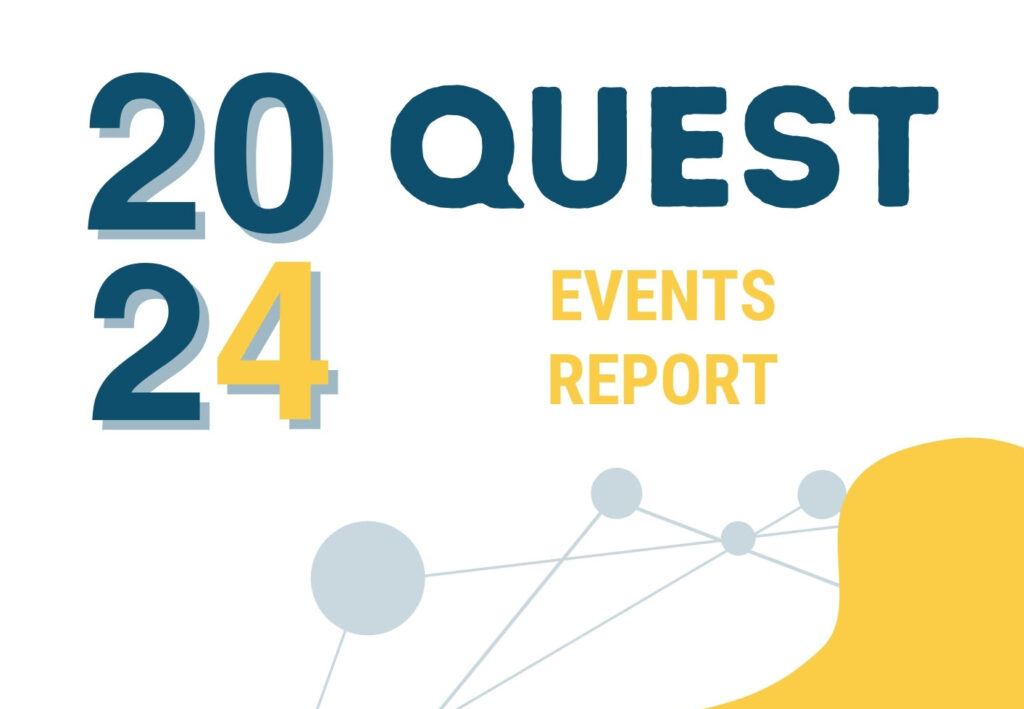
The Events Report 2024 was produced by QUEST team in December 2024 as key deliverable for the reporting of the Operating Grant “Civil Society Cooperation in the Education”, in the framework of the Single Grant Agreement 2024. View pdf For more information, please reach out to Mia Schmallenbach: [email protected]
QUEST Activities Report 2024
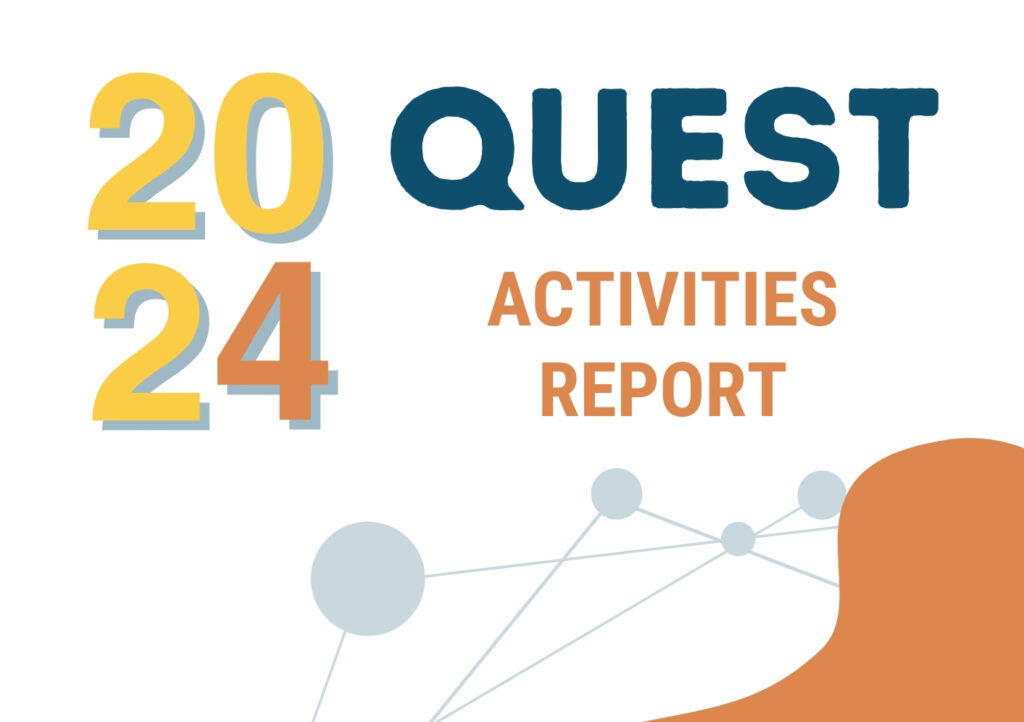
The Activities Report 2024 was produced by QUEST team in December 2024 as key deliverable for the reporting of the Operating Grant “Civil Society Cooperation in the Education”, in the framework of the Single Grant Agreement 2024. View pdf For more information, please reach out to Mia Schmallenbach: [email protected]
Adopting a growth mindset in schools: a way forward

QUEST asked Adriana Vasile, Dr. Sanda Dolcos and Dr Florin Dolcos what is a growth mindset and how can it be applied in the classroom. Source: Canva Original Stickers Adriana Vasile Coordinator of ReDesign, a Romanian educational organisation where children can learn at their own pace in a personalized, alternative and safe learning environment. It […]
AI in Education : Navigating Opportunities and Risks in a Democratic Framework
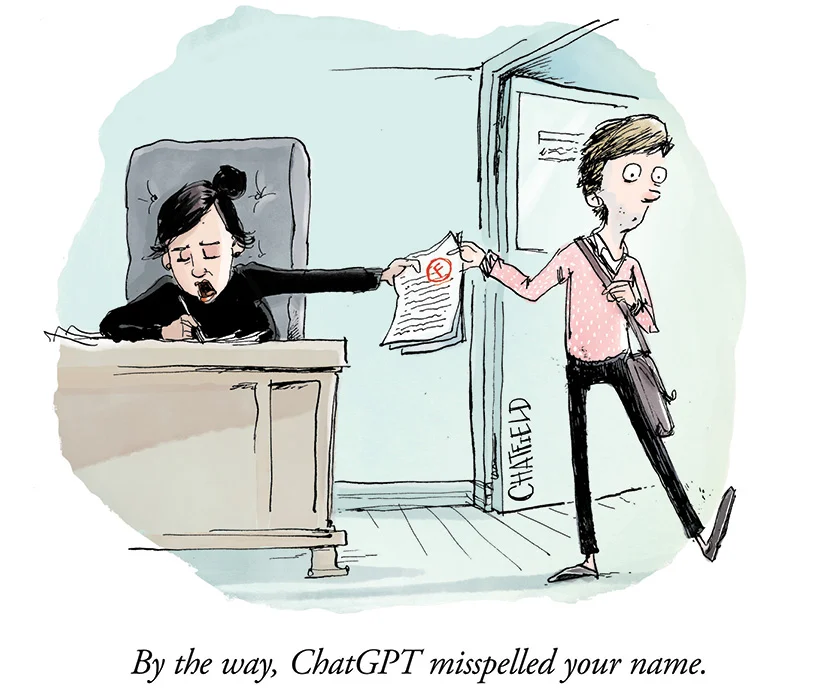
The 21st century has brought us algorithms capable of organising our social interactions and Artificial Intelligence (AI) systems so intelligent they could (almost) write this article. Unsurprisingly, when they get involved in the learning process, they meet with both enthusiast defenders and worried critics, while users, policymakers, educators and researchers face up to its disruptive […]
